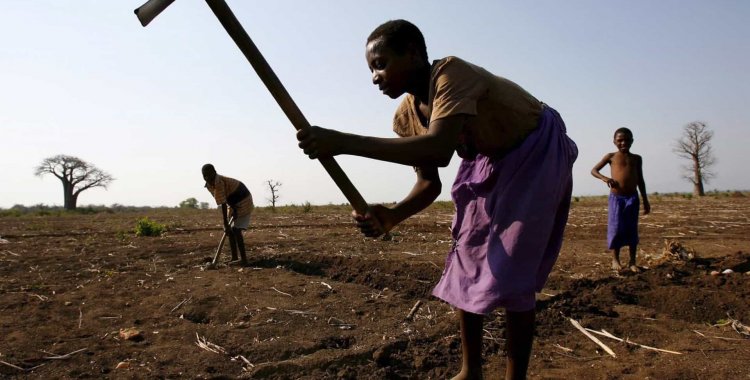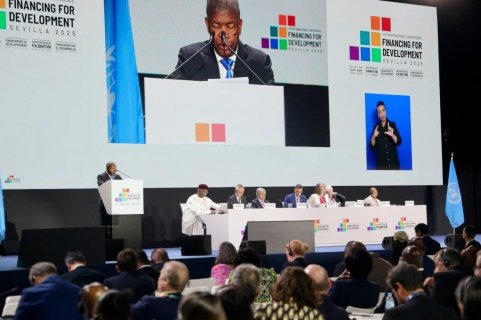For António de Assis, the lack of domestic production of agricultural production means, namely machetes, hoes, wheelbarrows, needles and fertilizers and pesticides conditions the promotion of agricultural production, leading farmers to dispute these means.
According to the official, the lack of knowledge and market are also among the factors that prevent the growth of agriculture in Angola, defending that the actions of the authorities should converge with the sector he directs.
"In Catabola [Bié province] it is difficult to find seeds and pesticides, in the main regions where they are produced there are no hoes and in Bailundo [Huambo province] hoes are being rented by the hour to be able to cultivate", said António of Assisi.
The country "does not produce hoes, we need to do economic diplomacy to attract investment and produce locally hoes, machetes, wheelbarrows, axe, watering can, knife, needles to sew bags and other means of production", he stressed.
"There are some positive steps in this direction, but they are still insufficient for the country's needs", he pointed out.
The minister was speaking during the second edition of Café CIPRA (Press Center of the Presidency of the Republic of Angola), which addressed the "Fostering National Production and Sustainability of the Strategic Food Reserve (REA).
The absence of a "solid market, which is the whole set that brings together laws, rules, procedures, logistics centers, roads and the environment itself where production is taken" also hamper the development of agriculture, according to the minister.
"There are efforts in this direction, today it is possible to verify actions in this area, but we need more", he stressed.
Regarding what he considered a "accentuated deficit of knowledge" for agriculture, António de Assis pointed out that, in the interior of Angola, the sowing of maize and cassava "does not comply with the technical-scientific standards" of the sector.
With "correct sowing of maize", he exemplified, production grows 100 percent: "The planting of cassava in agricultural fields is incorrect, I say that from a technical-scientific point of view and the same applies to the planting of bananas".
"Angola must be a country turned to agriculture and all the time we need to analyze the sector to define parameters for joint action, all ministerial sectors must be linked to agriculture as it is a transversal sector", he said.
Despite the current constraints", noted António de Assis, "in the last two years significant steps have been taken in the field of agriculture and fisheries and even during the pandemic the country did not lack food".
"And throughout the country there is a lot of local production, there are agricultural products with some frequency and quality across the country. In the country, there is an awakening to the need to produce, mainly due to the difficulties of the past and the awareness of consuming local products", pointed.
In addition to the Minister of Agriculture and Fisheries, the Minister of Industry and Commerce, Vitor Fernandes, and the coordinator of the REA, Eduardo Machado, were other speakers at the second edition of Café CIPRA.







